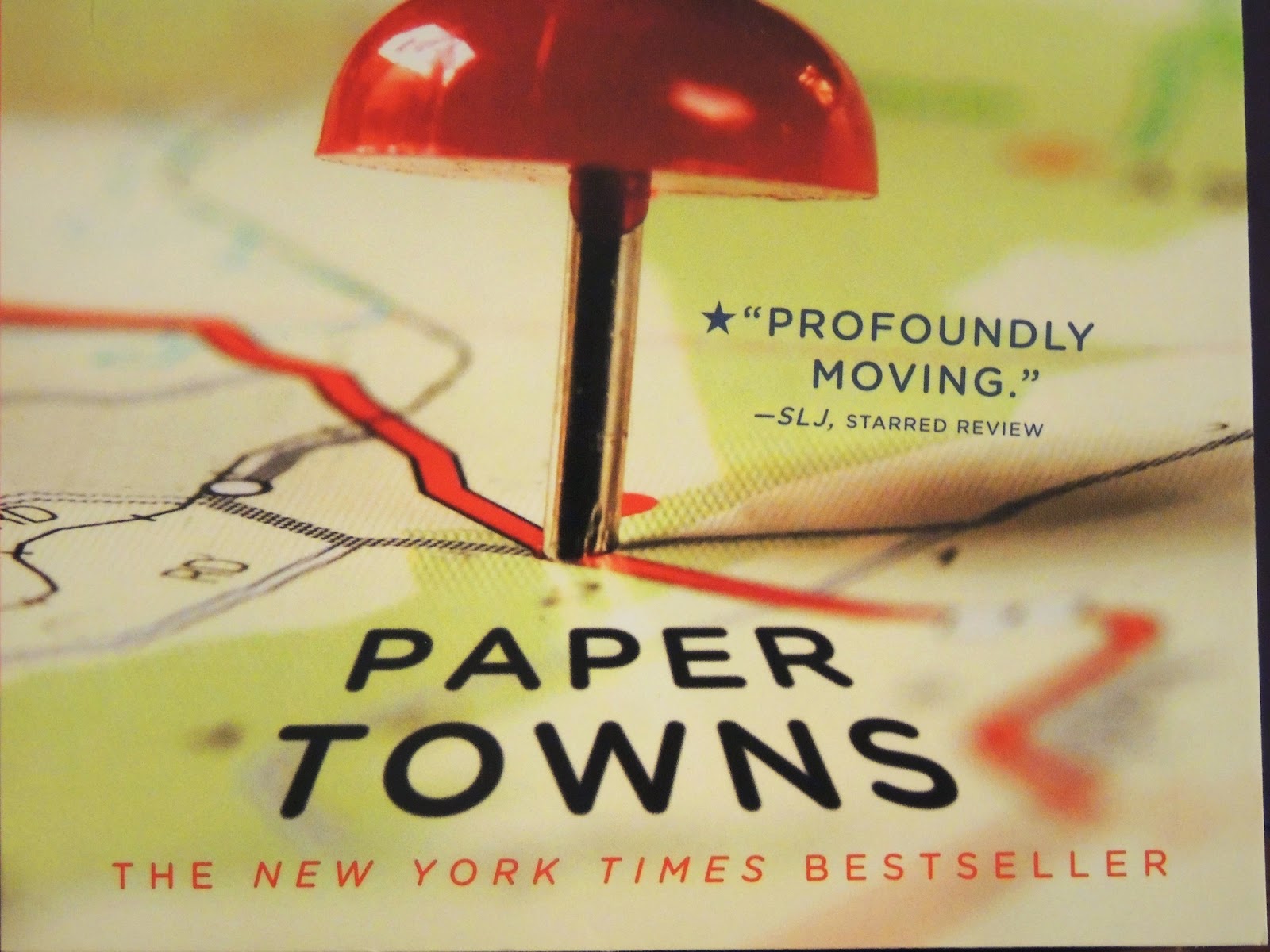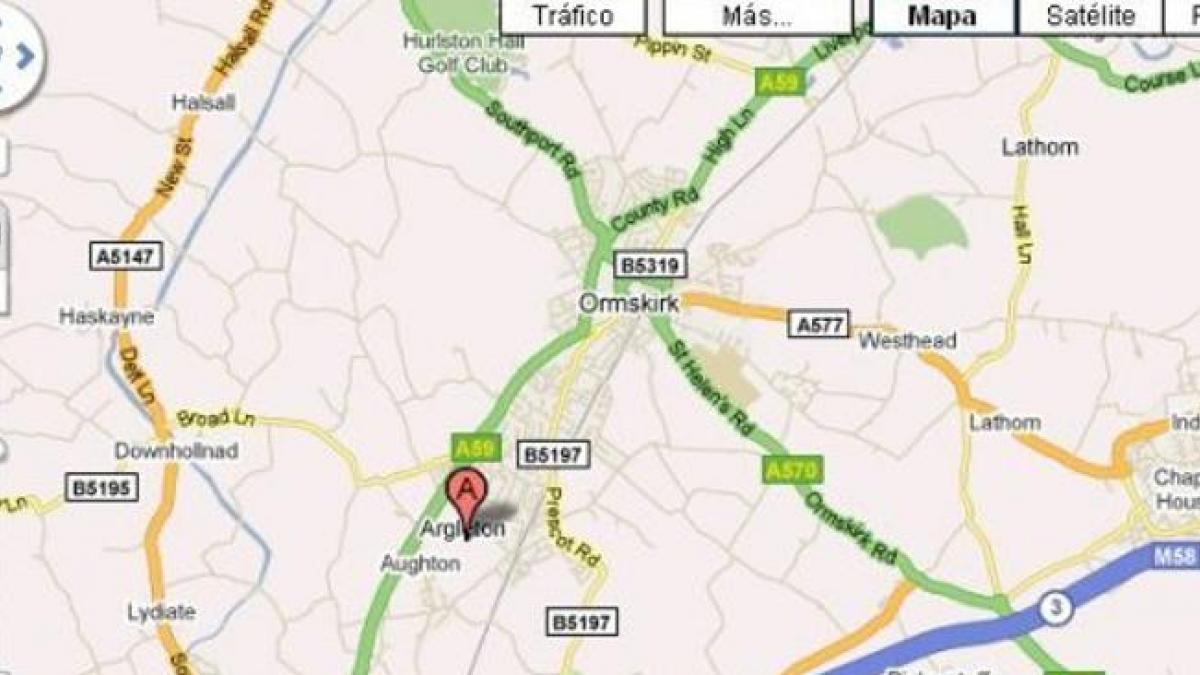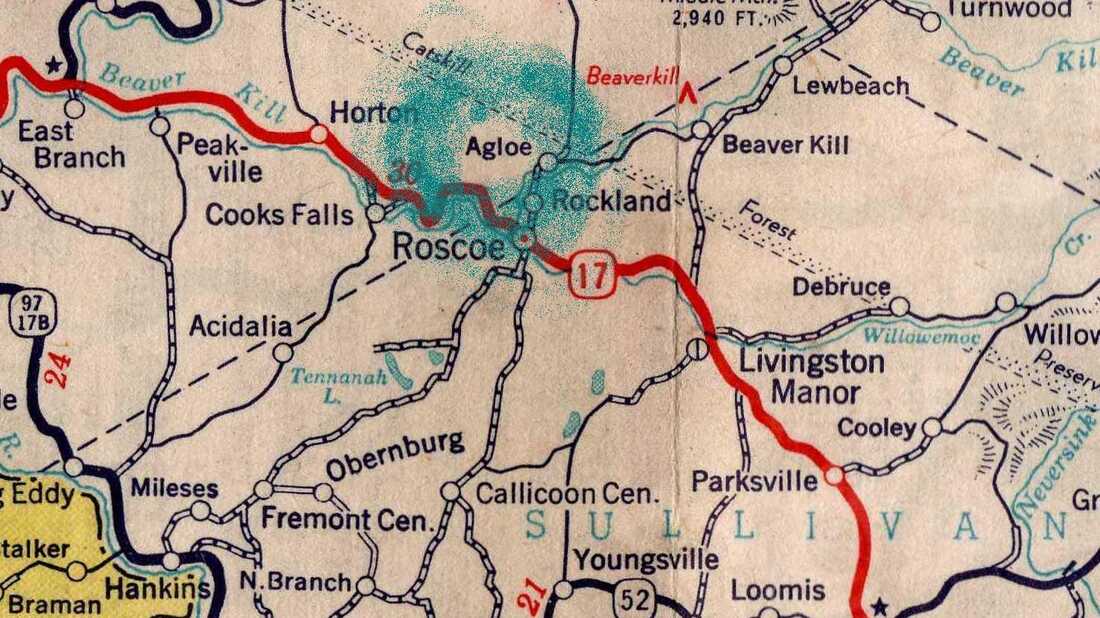By Evi Tsakali,
Would you ever doubt the validity of the information included in maps? Could you ever believe that maps may lie to you? Because they do, sometimes; it is the case of phantom settlements, most commonly known as paper towns. Paper towns are fictional cities and towns included in maps either by accident or as a copyright trap also called a mountweazel, which is when a false entry is placed in literature in order to prevent illegal copiers. The bizarre name mountweazel is due to Lillian Mountweazel whose photos of rural mailboxes made her a celebrated American photographer before her tragic death in a 1973 explosion. Except she never existed; she existed only in an entry of the New Columbia Encyclopedia. As a proposal, it is pertinent to add here that fictitious entries concern not only maps but also encyclopedias and dictionaries.
In 2005, the New Oxford American Dictionary made news headlines when it included the word equivalence in its most recent publication; the definition of the word was “the willful avoidance of one’s official responsibilities”, but it was a deliberately false entry destined to be copyright trap as the dictionary was distributed electronically and was thus very easy to copy. When it comes to maps though, the effect is greater than a simple non–existent word…

The example of Agloe
Agloe, New York first appeared as a copyright trap on a 1930s map. However, in 1950 a general store was built there that was named Agloe General Store since that was the name that the owner found on the map. Thus, the name settled and the paper town turned into an actual one; and as a result, it stopped serving the very purpose for which it was created. The town of Agloe would become even more real when the renowned author John Green would use the concept of phantom settlements as the basis of his bestselling novel “Paper Towns”, with Agloe becoming a pivotal element of the plot.

Google’s mistake: The example of Argleton
Google has admitted that it has made mapping mistakes in the past. One of them was the fact that it included a phantom settlement in its maps. In 2008, one could spot the village of Argleton in West Lancashire, England on Google Maps. Not only the village was present on the Maps but the web also featured weather forecasts, real estate opportunities, and even job vacancies. Nevertheless, in reality, the village of Argleton was nothing but an empty field. By 2010, the village had disappeared from the maps and Google never responded to the theories according to which the name “Argleton” is an anagram of “not large” or “not real”, with the “G” standing for Google.

The status of phantom settlements under US law
Oddly enough, even though the raison d’être of paper towns is to serve as evidence to prove that copyright infringement has occurred, they are not copyrightable themselves under US law.
References
-
Paper Towns and other lies maps tell you. treehugger.com. Available here
- Green, John. Paper Towns. 2008, Dutton Books




